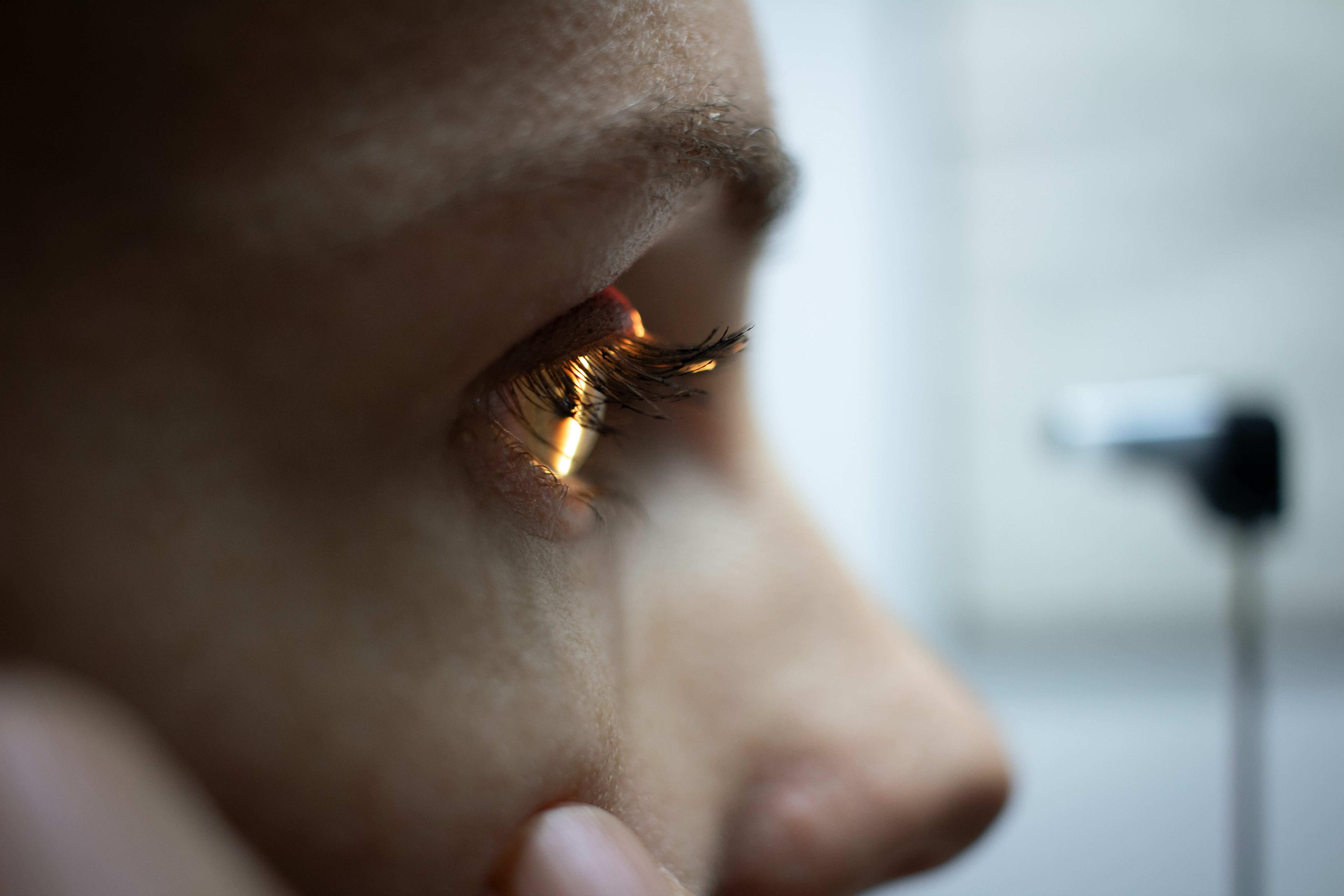Comprehensive
Medical Eye Exams
Preventative Care
According to the American Academy of Ophthalmology, many sight-threatening diseases, if detected early, can be cured or treated to prevent, or slow, the progression of any vision loss. The most important preventive step is receiving routine examinations by a qualified eye care professional. Children should receive their first comprehensive eye examination before the age of four unless a specific condition or history of family childhood vision problems warrants an earlier examination. Persons ages 20 to 40 should have an eye exam every 5 years, unless visual changes, pain, flashes of light, new floaters, injury, or tearing occurs. Then, immediate care is necessary. Persons 40 to 64 years old should have an eye exam every two to four years, and persons aged 65 and over every one to two years.
Persons with diabetes are at risk for several eye disorders, including diabetic retinopathy, glaucoma, and cataracts, and should have eye examinations every year.
African-Americans are at greater risk for glaucoma and should have eye examinations every 3 to 5 years before the age of 40, and every two years after age 40.
Vision vs Medical Insurance
We accept a wide variety of Vision Insurance plans for both eye exams and in our optical shop. Vision insurance can be used for routine eye care but for eyes with medical concerns, medical insurance will be used.
All Ages
We are happy to provide complete routine eye exams for children aged 7 and older. For urgent medical needs, we will see patients of any age.
Glaucoma
Treatment Advances
New advances in medical research are helping eye doctors treat glaucoma more effectively and with fewer side effects. The key to treatment is early diagnosis. The earlier glaucoma is diagnosed, the easier it is to treat, and the more likely you are to retain your vision. Risk factors can include a family history of glaucoma, age (anyone over 60 years old), and ethnicity such as African-American. Also, anyone with a family history of glaucoma is at a higher risk. People with diabetes and those who have been taking steroid medication for a long period of time are also at increased risk.
Management
The best treatment for glaucoma is to prevent it. A pressure check alone is insufficient to detect glaucoma. It’s important you receive an appropriate evaluation from a qualified eye doctor if you are at a higher risk of developing glaucoma. Although you will never be cured of glaucoma, treatment often can control it. This makes early diagnosis and treatment important to protect your sight. Our board certified ophthalmologists treat most glaucoma patients with eye drops, but laser and glaucoma surgery are available for the patients for whom eyedrops are not enough.
Cataract Surgery
A cataract is a progressive clouding of the natural lens in your eye. People with advanced cataracts often say they feel as if they are looking through a light fog or a piece of waxed paper. No medication, laser treatment, or exercise regimen can make a cataract disappear. The only way to eliminate a cataract is through cataract surgery, a microsurgical procedure in which the old clouded lens is removed through a tiny surgical incision and replaced with a synthetic intraocular lens (IOL). The exact power of the new, implanted lens is determined ahead of time by a precise measurement of the eye.
The procedure involves 2 tiny incisions, so small that no sutures are needed to heal. Through the incision, an ultrasonic microsurgical instrument is inserted that breaks the cloudy lens into pieces. These tiny pieces are then vacuumed out of the eye and the new lens is then implanted.
We're Here Whenever You Need Us
Phone
(812) 423-3131
Open Hours
Mon - Fri:
8 AM - 5 PM
Sat - Sun:
Closed
Address
1020 W Buena Vista
Evansville, IN 47710

